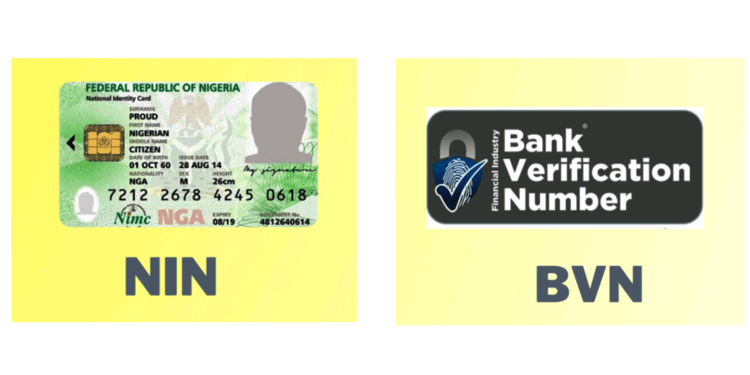By Ojukwu Emmanuel Chiadikaobi
In a move to bolster financial system stability, the Central Bank of Nigeria (CBN) issued a circular on December 1st, 2023, mandating banks to enforce linkage of National Identity Numbers (NIN) or Bank Verification Numbers (BVN) to Tier 1 bank accounts. However, the implementation of this directive has sparked confusion and frustration among customers, compounded by network failures reported by some.
Tier 1 accounts, which can be opened with valid identity or proof of address, are now subject to strict compliance with the NIN-BVN linkage directive. This directive, as outlined in the circular titled ‘TIER-1 WALLETS AND ACCOUNTS: MANDATORY USE OF BANK VERIFICATION NUMBER (BVN) OR NATIONAL IDENTIFICATION NUMBER (NIN)’, aims to strengthen Know Your Customer (KYC) procedures within the banking sector.
Under the amended regulatory framework, the CBN emphasized the mandatory requirement for all Tier-1 bank accounts and wallets to have BVN and/or NIN. Additionally, it clarified that Tiers 2 & 3 accounts must also comply with this requirement. The process for account opening now involves electronically retrieving BVN or NIN information from the Nigeria Inter-Bank Settlement System (NIBSS) or the National Identity Management Commission’s (NIMC) databases.
For existing Tier 1 accounts without BVN or NIN, banks are instructed to place them on “Post No Debit or Credit” status until the linkage process is completed. Furthermore, no new Tier 1 accounts or wallets should be opened without BVN or NIN, effective immediately.
As banks enforce these measures, customers have encountered difficulties accessing their accounts, exacerbated by reported network failures. While the CBN has remained mum on a specific deadline for compliance, customers are left grappling with uncertainties and disruptions in banking services.

